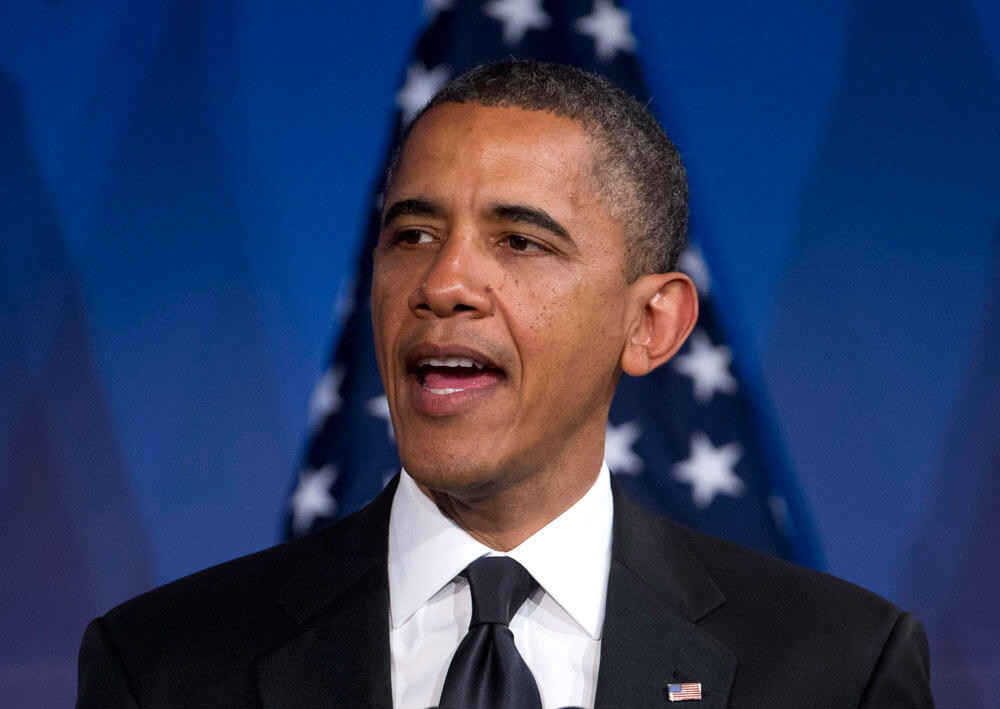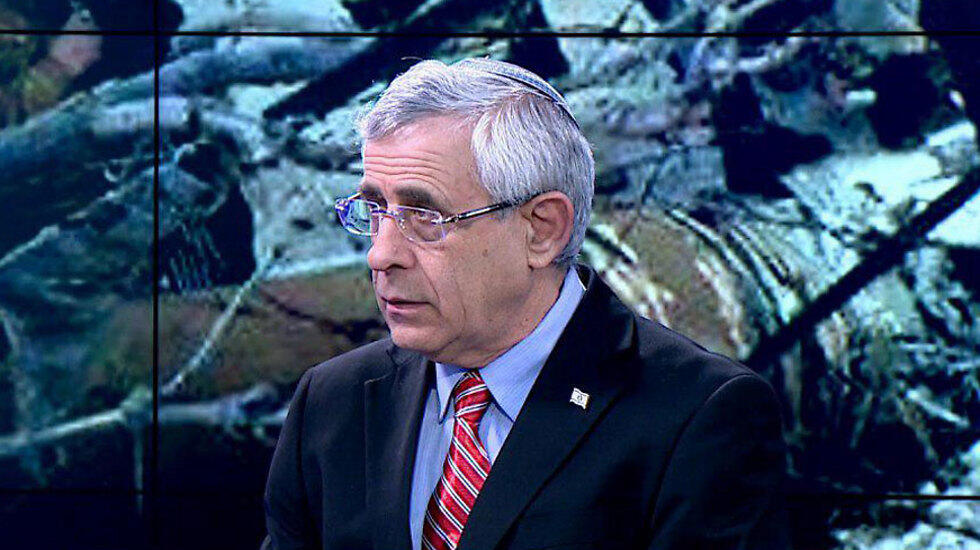Getting your Trinity Audio player ready...
In November 1999, Fortune devoted a special issue to the “Businessman of the Century.” It featured profiles of the most successful American businessmen of the twentieth century, their methods and their contributions.
One outstanding personality was Thomas J. Watson Jr. (1914-1993), the CEO of IBM from 1956-1971, a creative and courageous business leader who was ready to take big risks and, if necessary, deal with failures. According to Watson, taking major risks and dealing with failures were the key to success, but it was necessary to fix problems without delay.
3 View gallery


US President Joe Biden and Prime Minister Benjamin Netanyahu
(Photo: REUTERS/Amir Cohen/Pool, AP Photo/Morry Gash, AFP)
The solutions of the corporate world can be applied to the needs of sovereign states. At present, the State of Israel has several serious problems that must be solved. Its decision-makers placed the country in a state of dependence on the United States for the vital supply of weapons and munitions.
Beyond the problem of the supply chain lies a larger problem, namely, Israel’s relationship with the United States. It is evident that some American policymakers are uncomfortable with a strong and independent State of Israel. The consequences of faulty decision-making have come back to slap us in the face. For example, the crisis and loss of innocent lives on October 7, 2023, resulted from an accumulation of wrong decisions, some dating from years before.
Two recent publications have placed our current problems on the agenda, an analysis by Dr. Mordechai (Motti) Kedar and an article by Michael Doran, the director of the Center for Peace and Security in the Middle East and a senior fellow at the Hudson Institute in Washington, D.C.
Dr. Kedar asked the basic question: "How did Israel become so dependent on the U.S.?" He answered by citing an article by Ynet's Ron Ben-Yishai and referenced Reuters. According to his findings, the Obama administration demanded that American aid funds not be spent in Israel. They did not want to finance the Israel defense industry and persuaded Israel to accept a bigger financial aid package in its place. Thus, Israel sacrificed its freedom to manufacture certain types of weapons and became dependent on the U.S.
Furthermore, inventory that had been stored in Israel was depleted when it was transferred to Ukraine, but not replenished. Kedar asks how exactly did we reach this condition, and who is responsible for putting Israel in a situation of such strategic dependence and uncertainty.
Michael Doran’s recent article, "Biden's Italian Strike: The ongoing U.S. policy of slow-walking munitions deliveries to Israel isn't about Rafah," (Tablet, 20 June 2024) established the fact that despite its righteous denials, the Biden administration was "slow-walking" arms deliveries to Israel and its real motive was to keep its ally on a short leash:
“Hezbollah represents the most formidable direct military threat that Israel faces. A full-scale conflict with it will burn up an enormous amount of equipment and ammunition in a very short period, and it risks drawing Iran more directly into the war. The Israelis came to Washington to stock up, to be ready for the conflict should it erupt. The Americans, by contrast, seek to restrain them. The purpose of the Italian strike is to force the Israelis into dependence on the United States, to deny them the ability to make long-term plans—namely, plans regarding Hezbollah and Iran.”
Both Kedar and Doran deal with the subject of long-term decision-making from different perspectives and, implicitly, agree upon the importance of preserving the country’s policy options.
 Joel FishmanPhoto: David Rubinger
Joel FishmanPhoto: David RubingerSolving our problem is the next step. Here, we can learn from the wisdom of Tom Watson: “The worst possible thing we could do [was] to lie dead in the water with any problem. Solve it, solve it quickly, solve it right or wrong. If you solved it wrong, it would come back and slap you in the face, and then you could solve it right.” The beauty of Watson’s approach is its simplicity and good sense.
The time has come to solve the problems which stand in the way of Israel’s security and independence.
- Dr. Joel Fishman is a historian, Fellow of the Jerusalem Center for Foreign Affairs and Senior Researcher at the Research Department of IDSF-Habithonistim - Israel's Defense and Security Forum.




